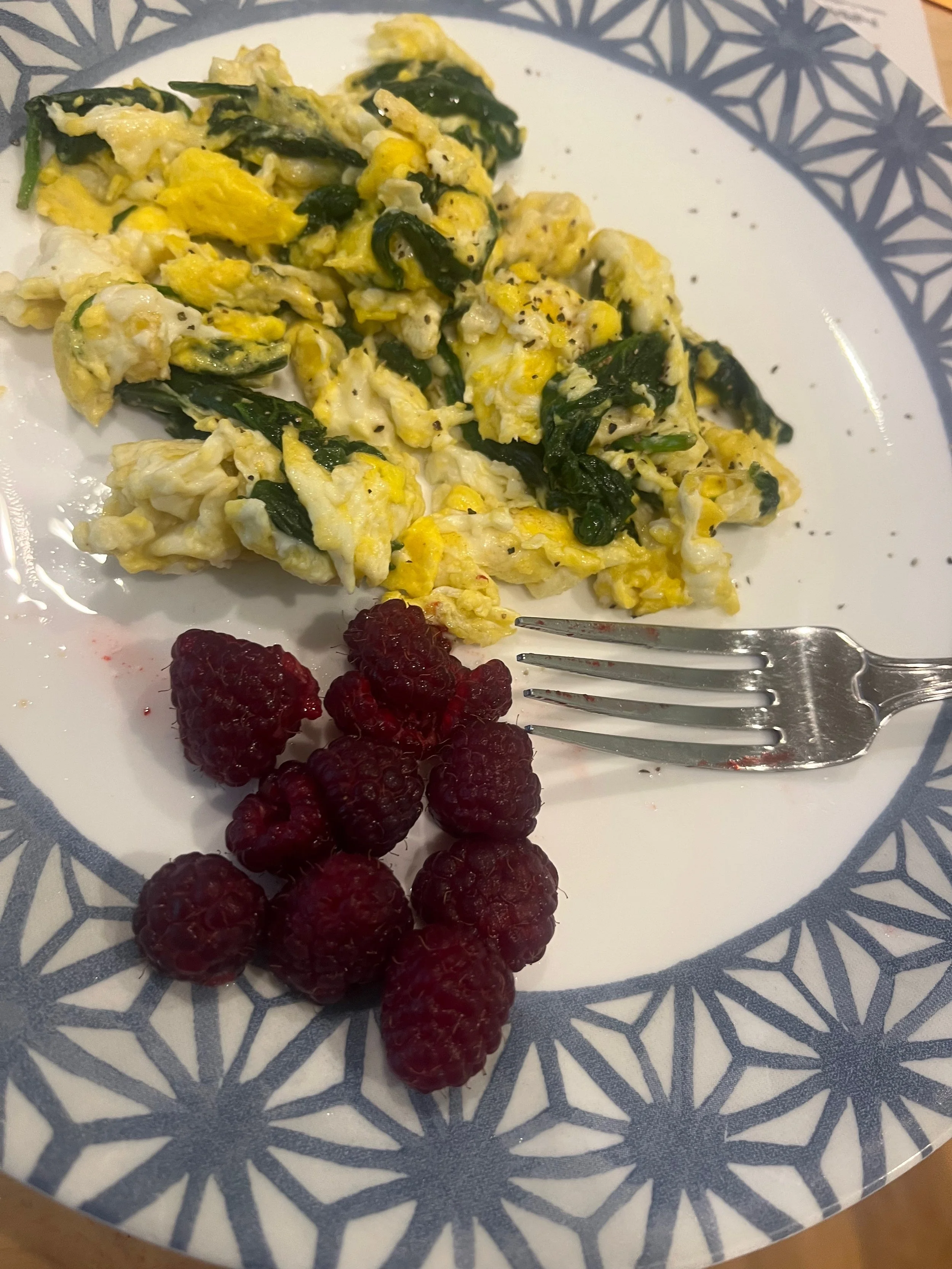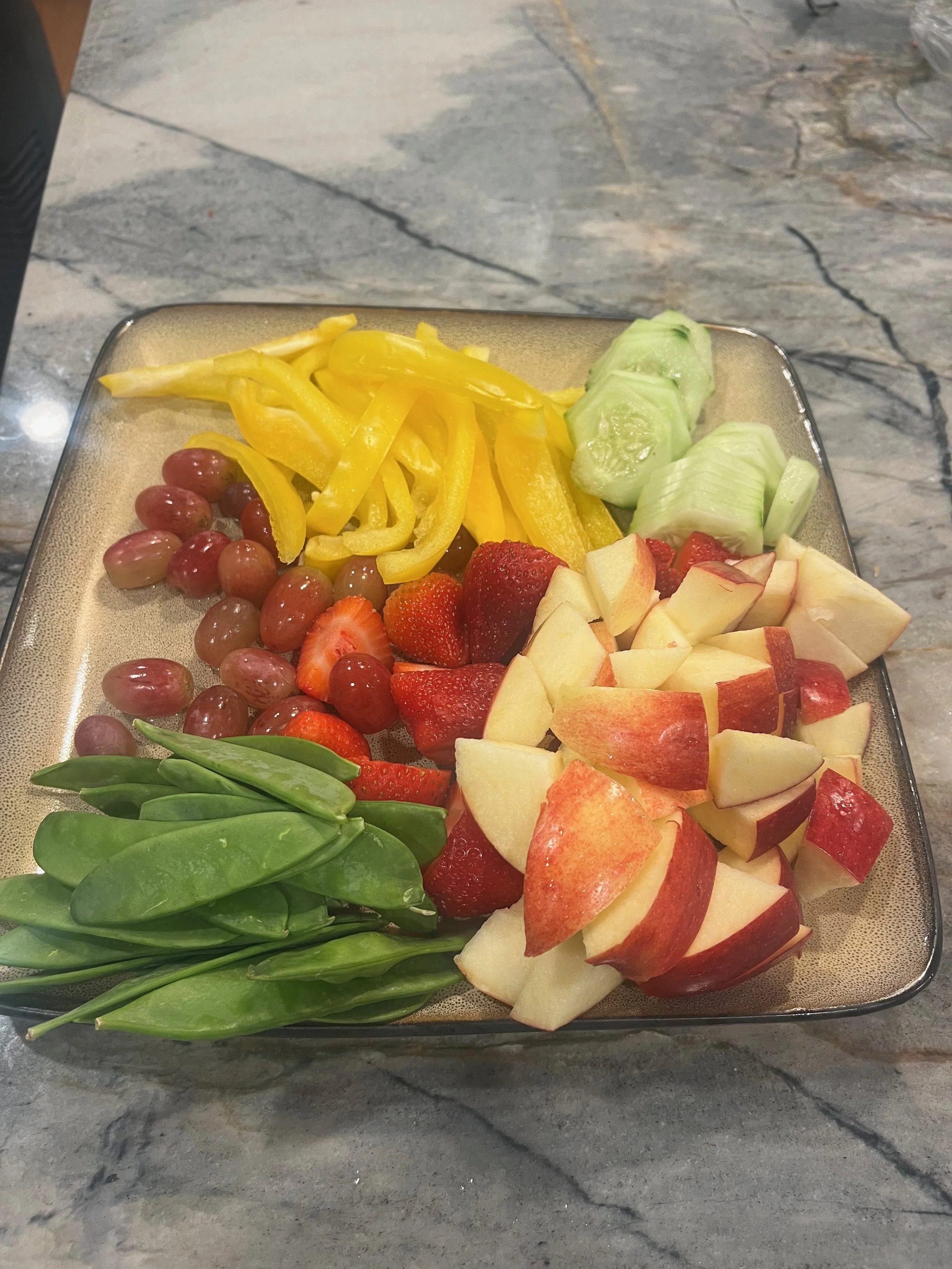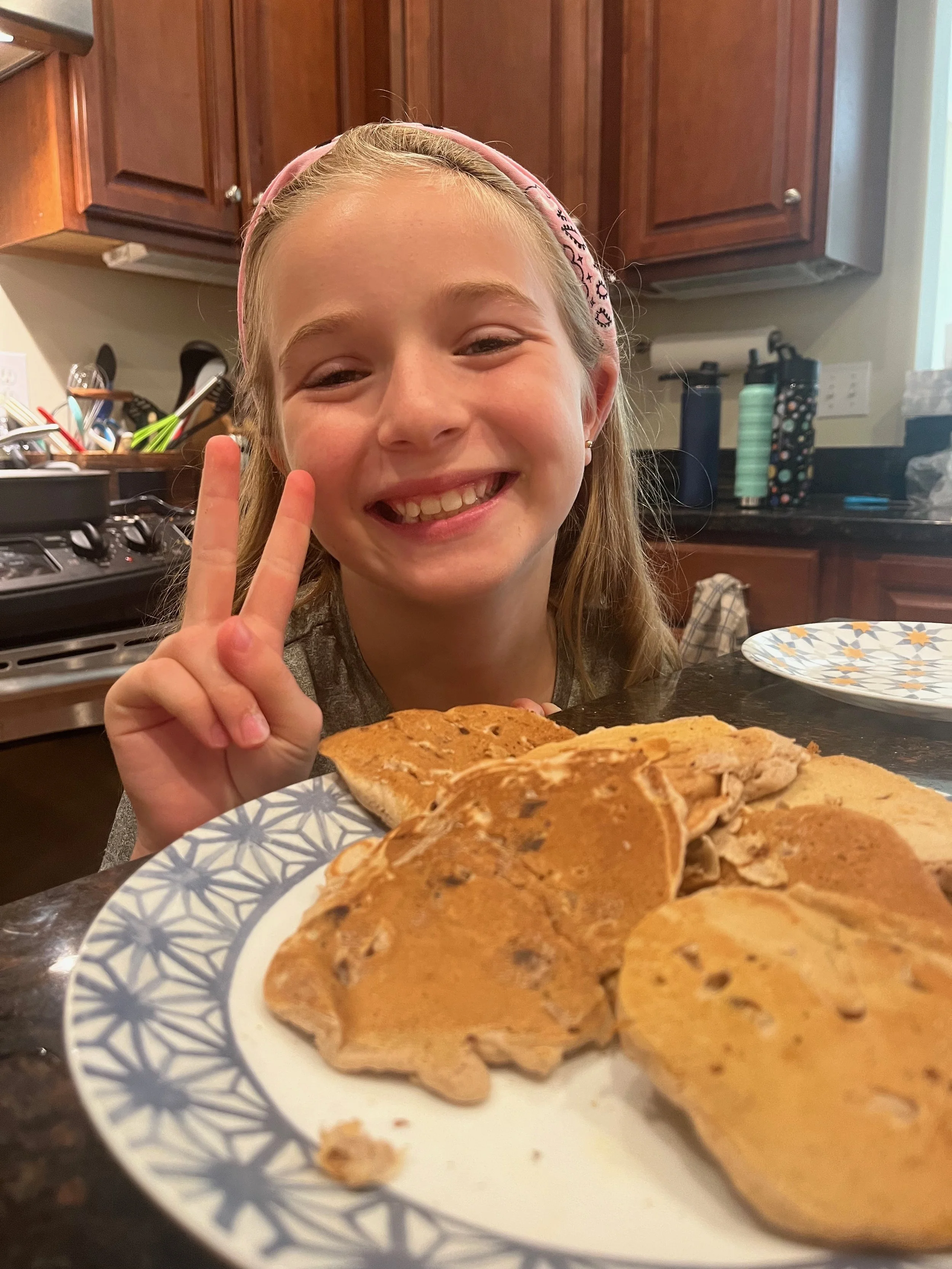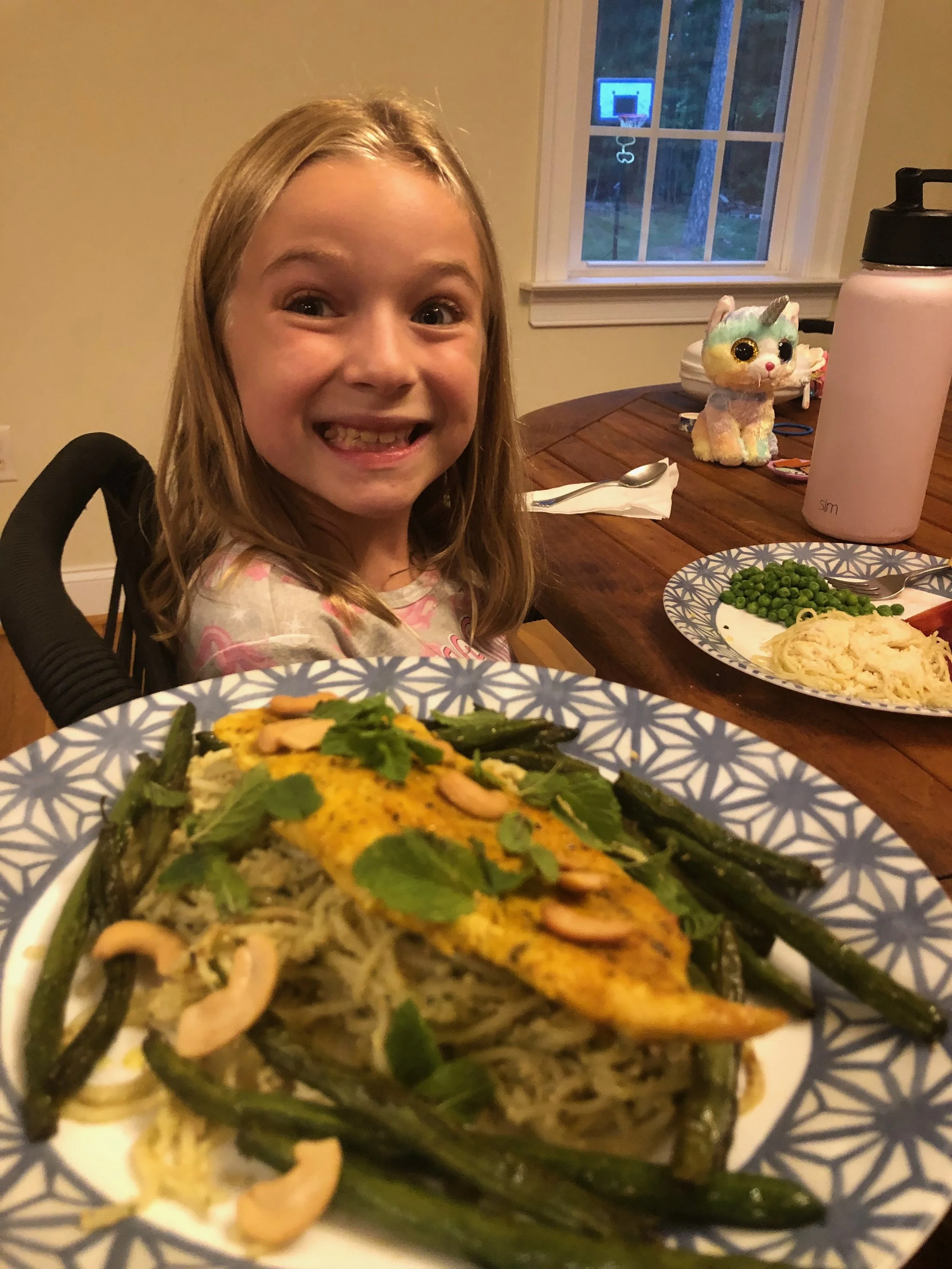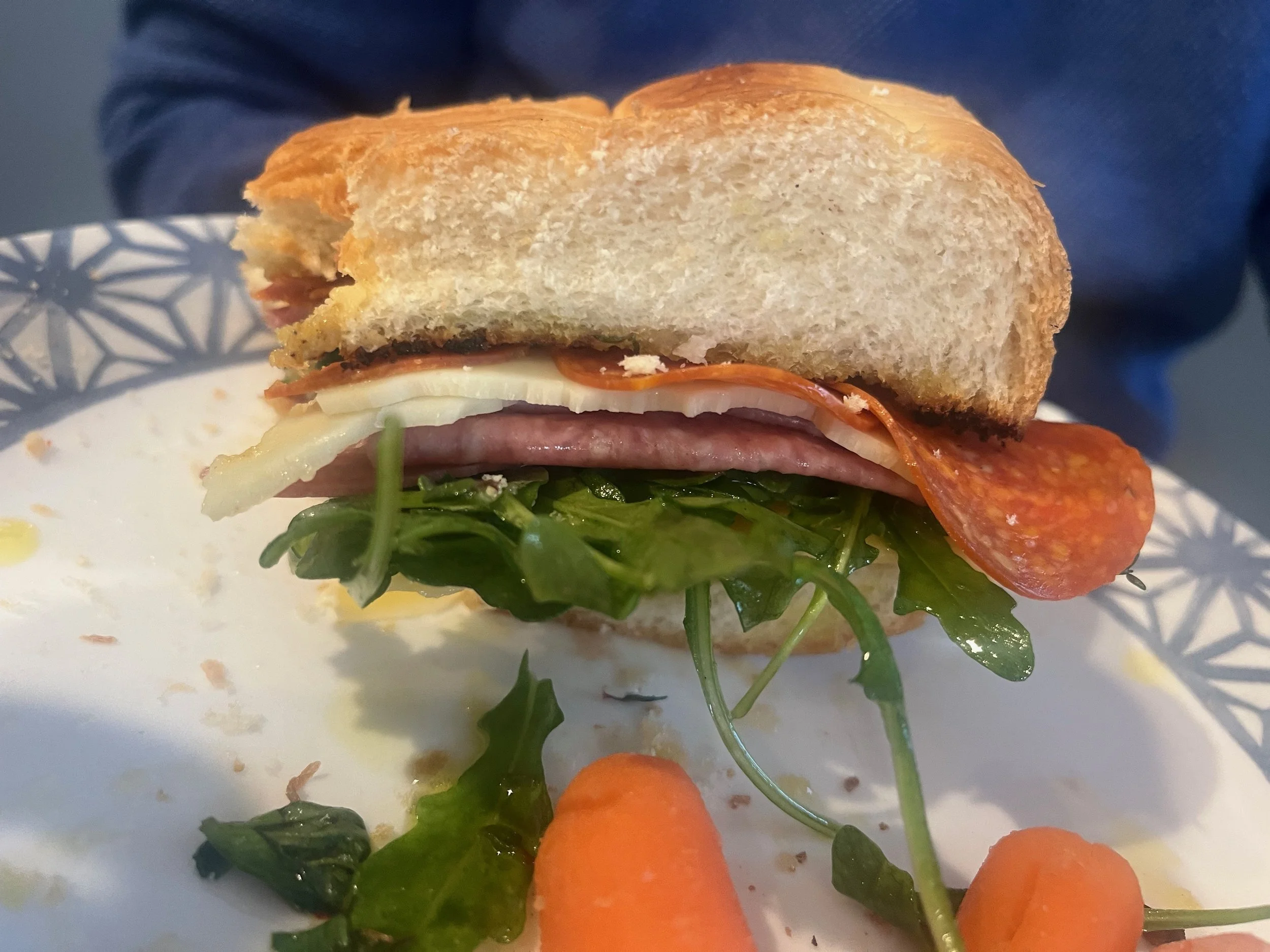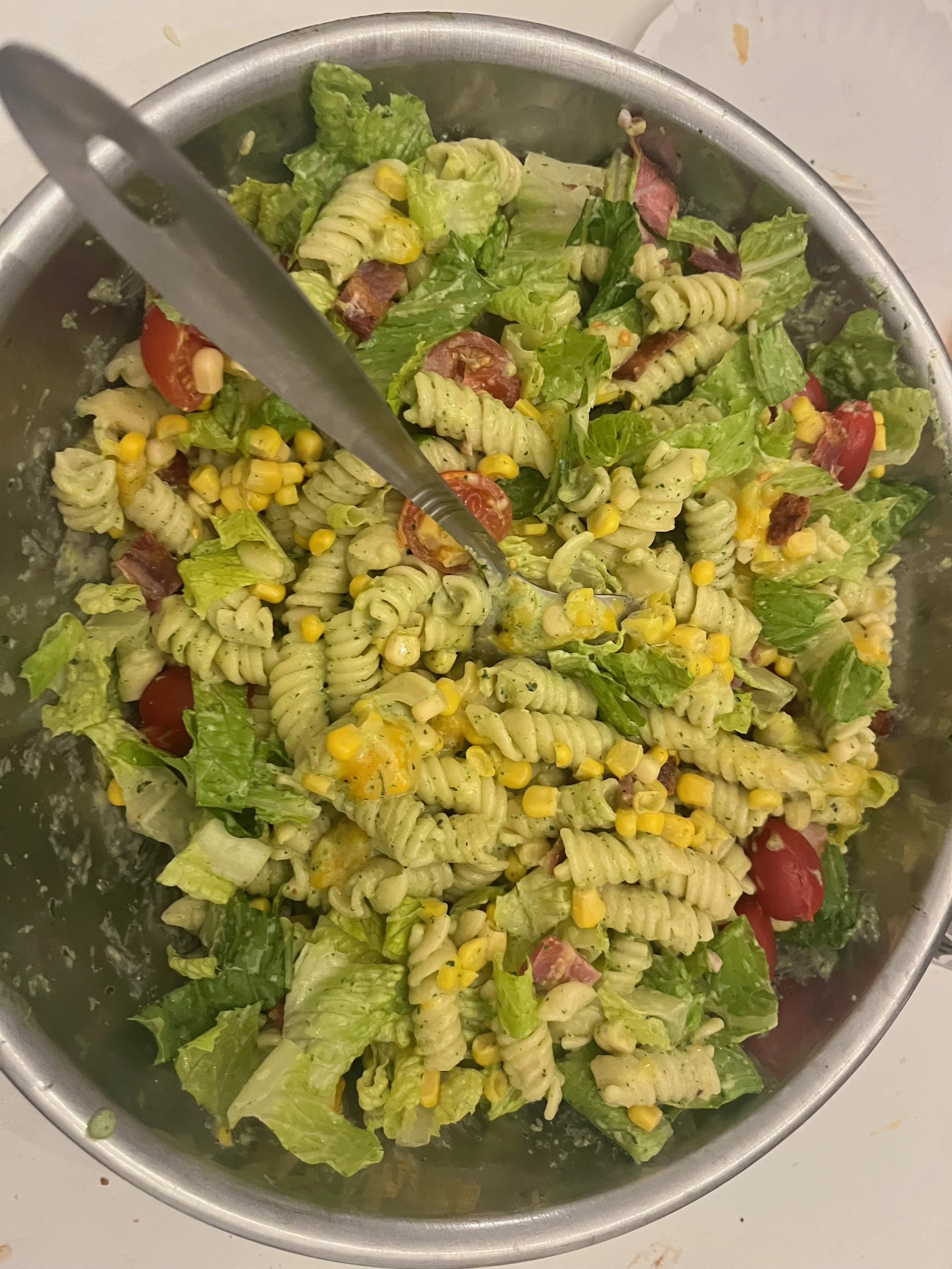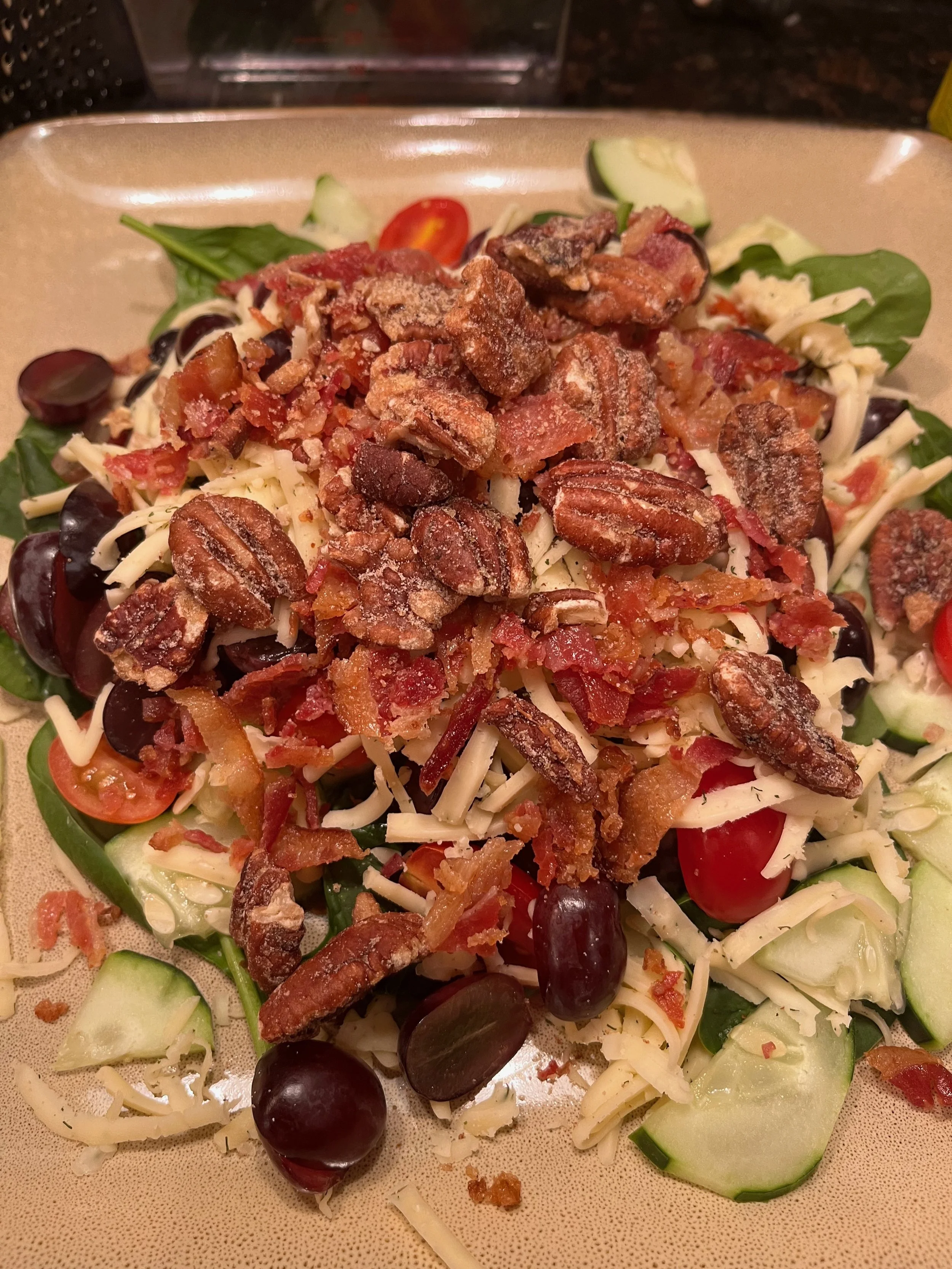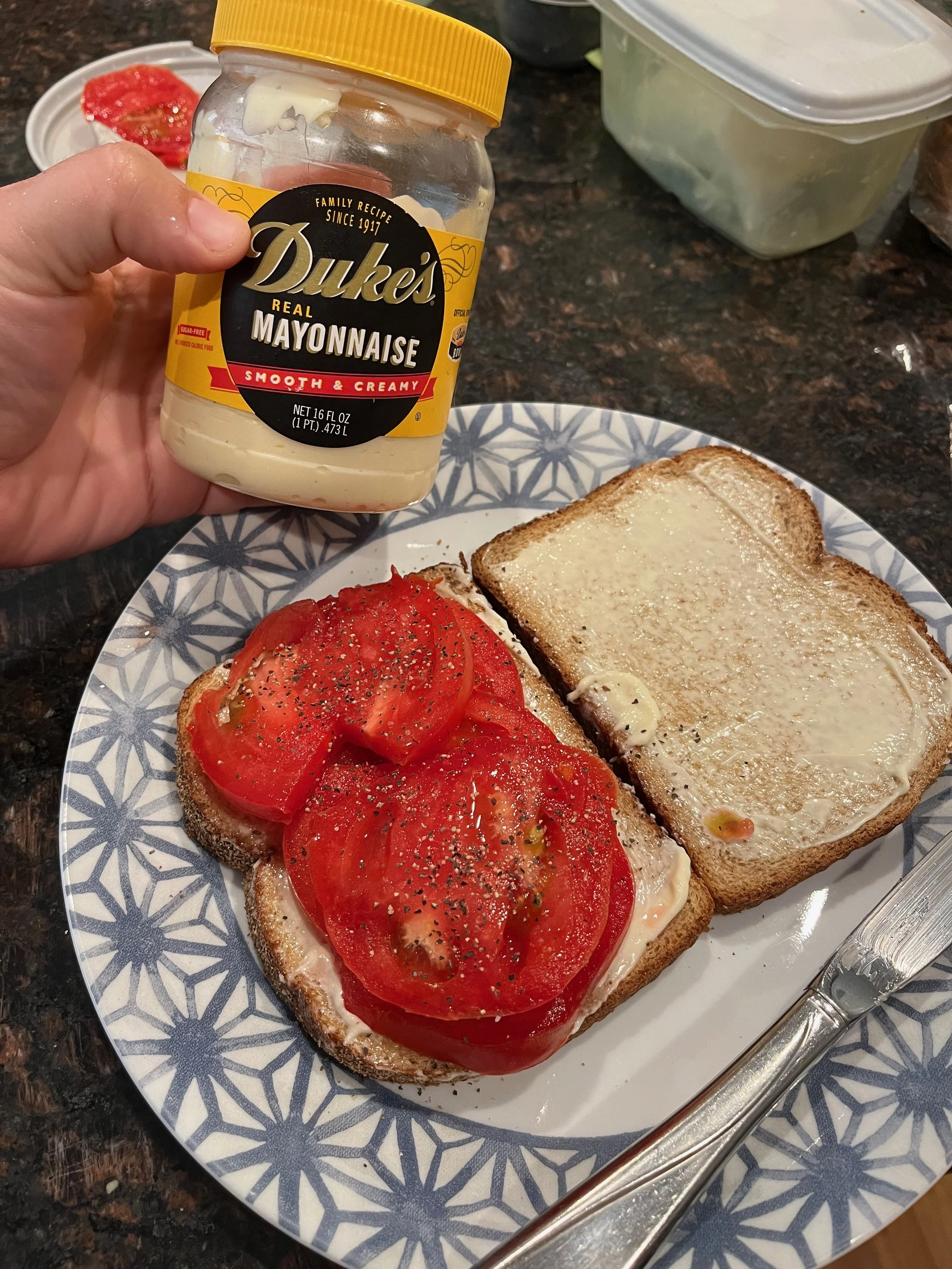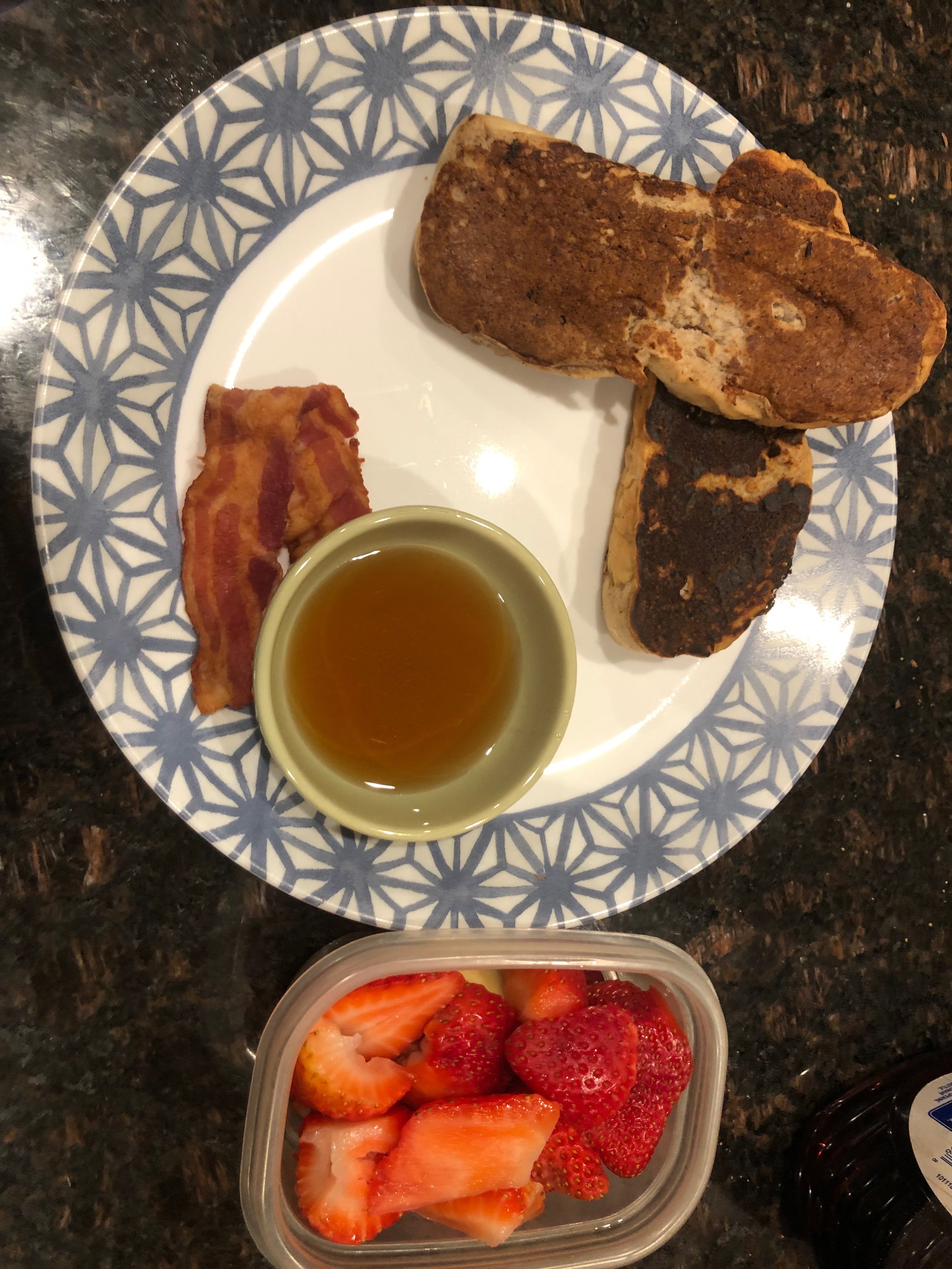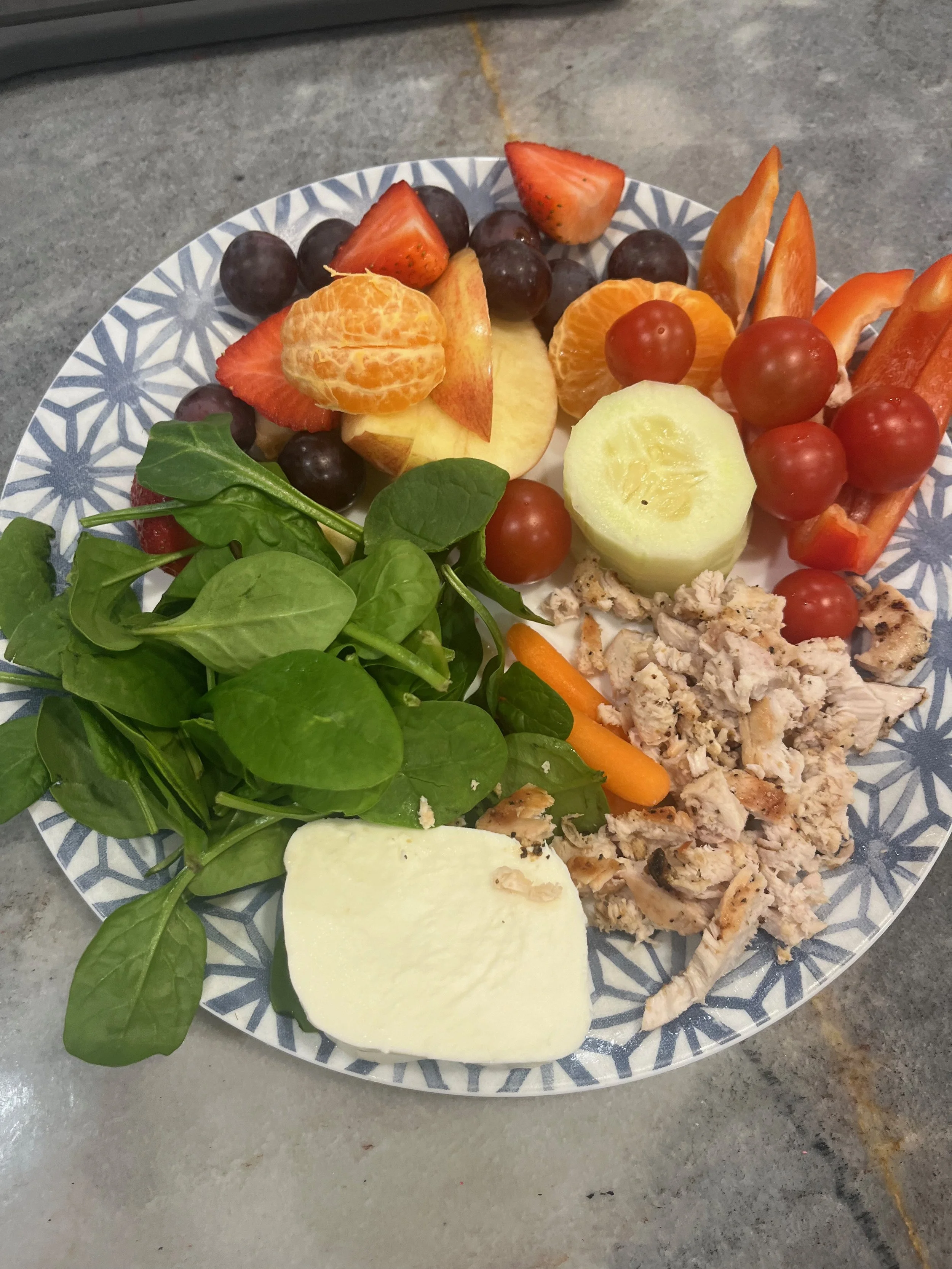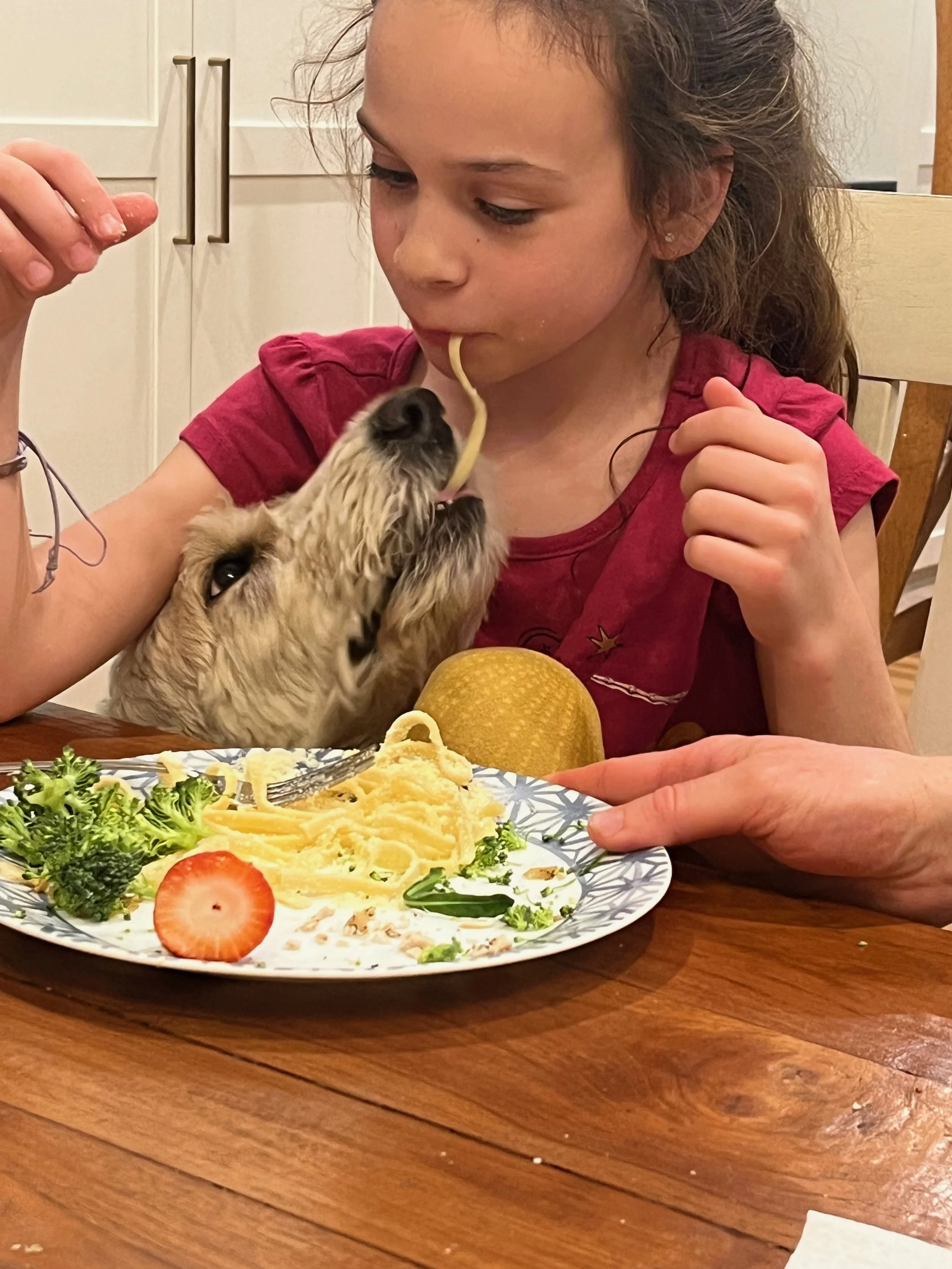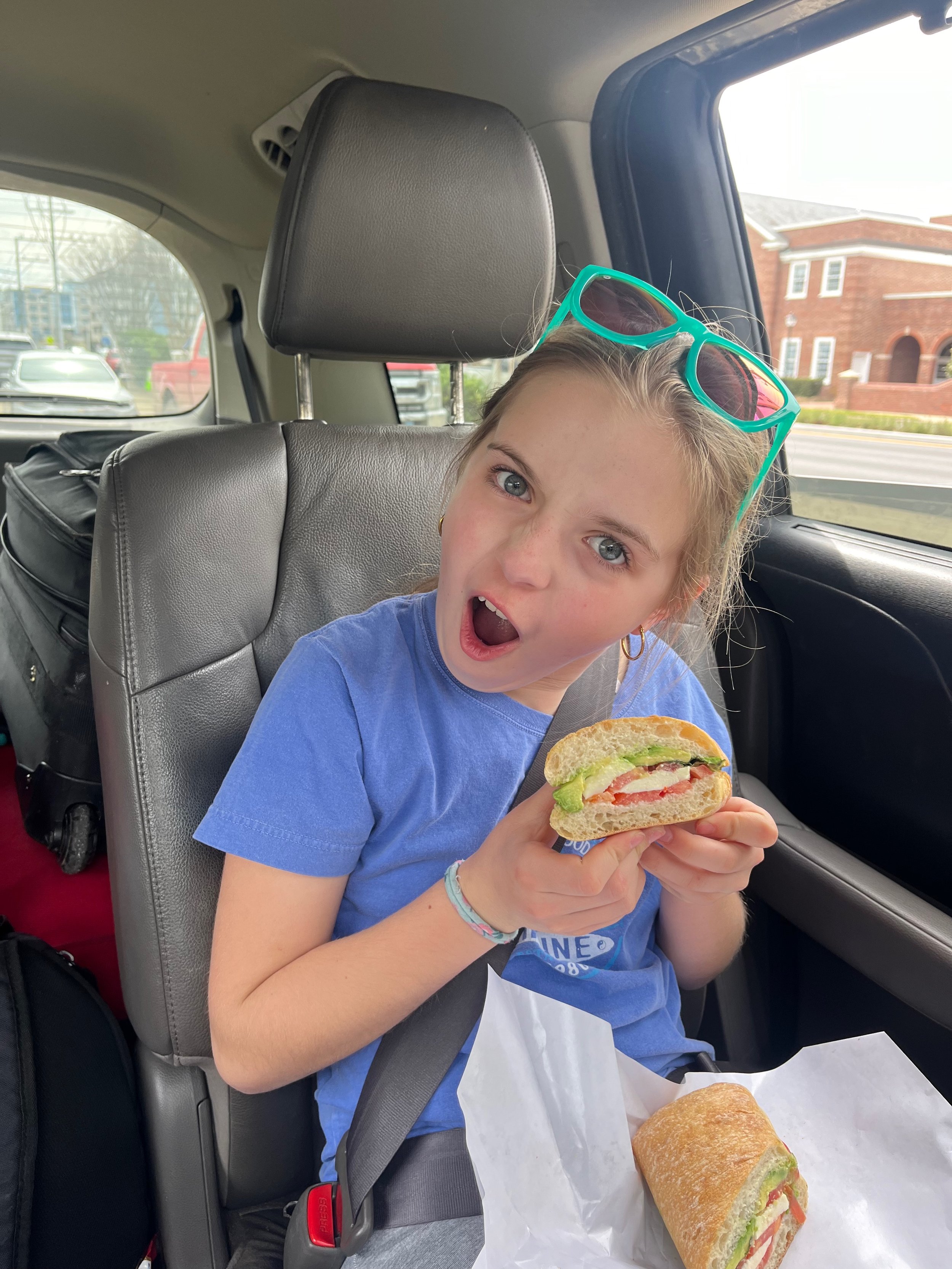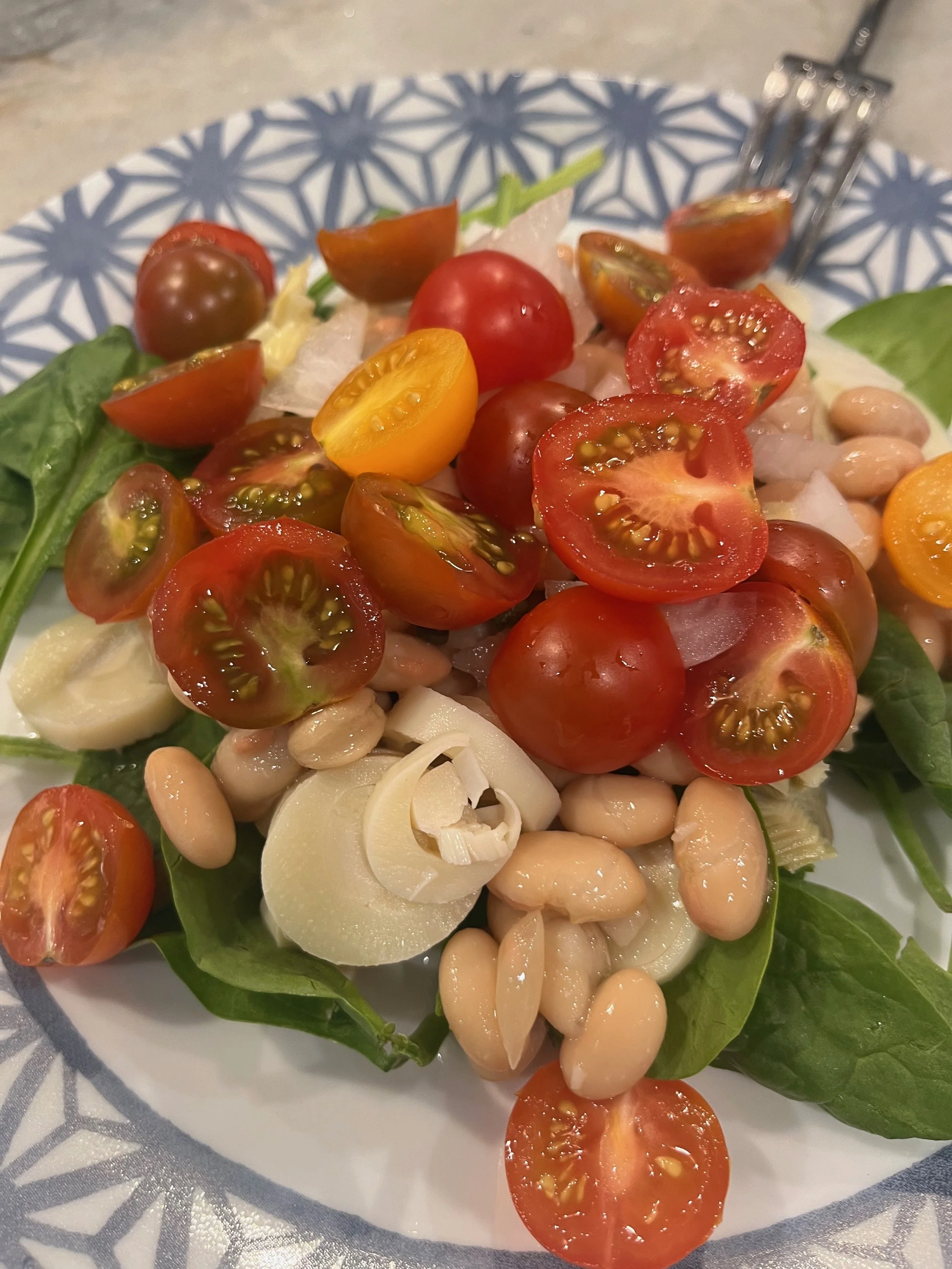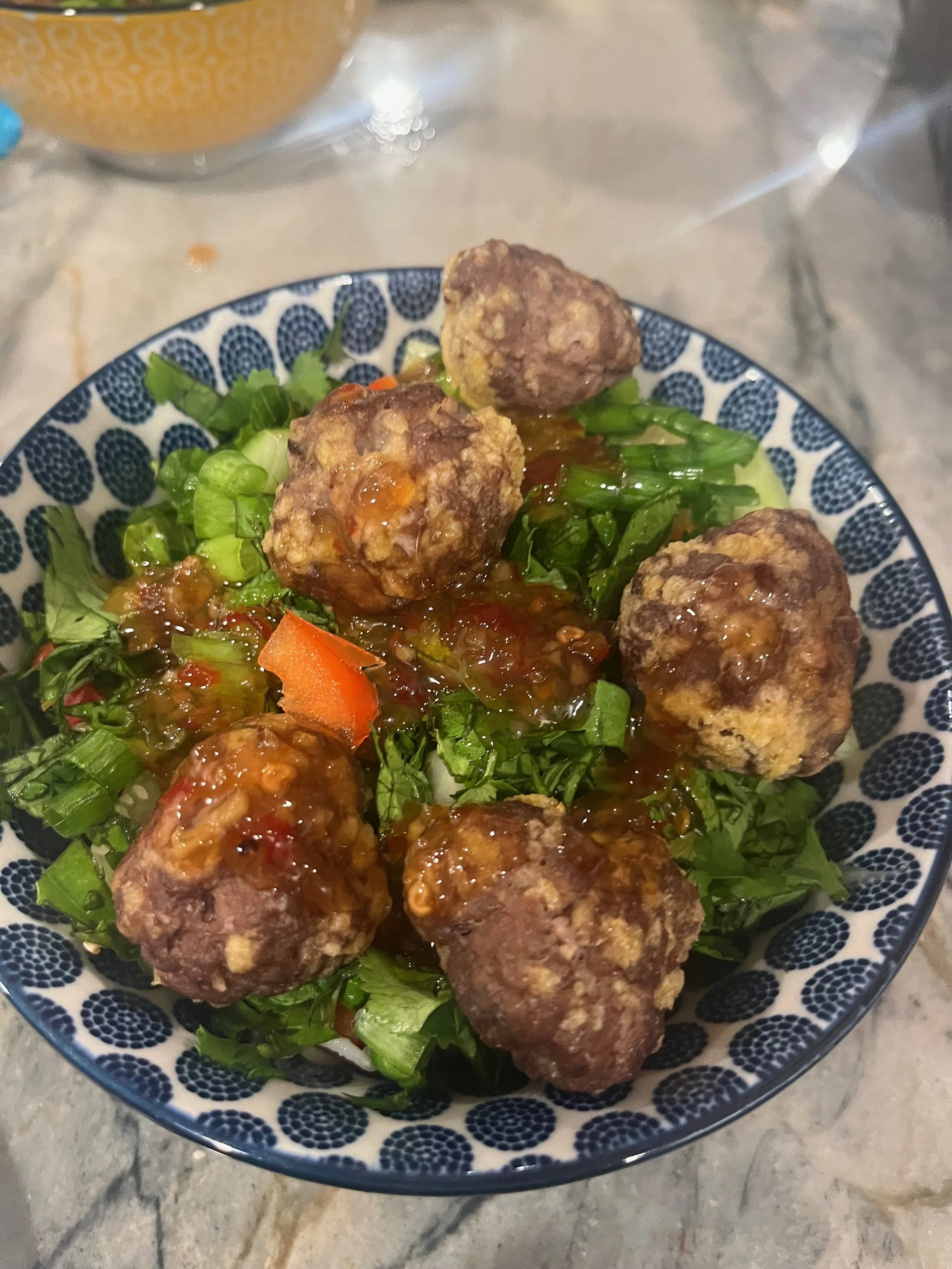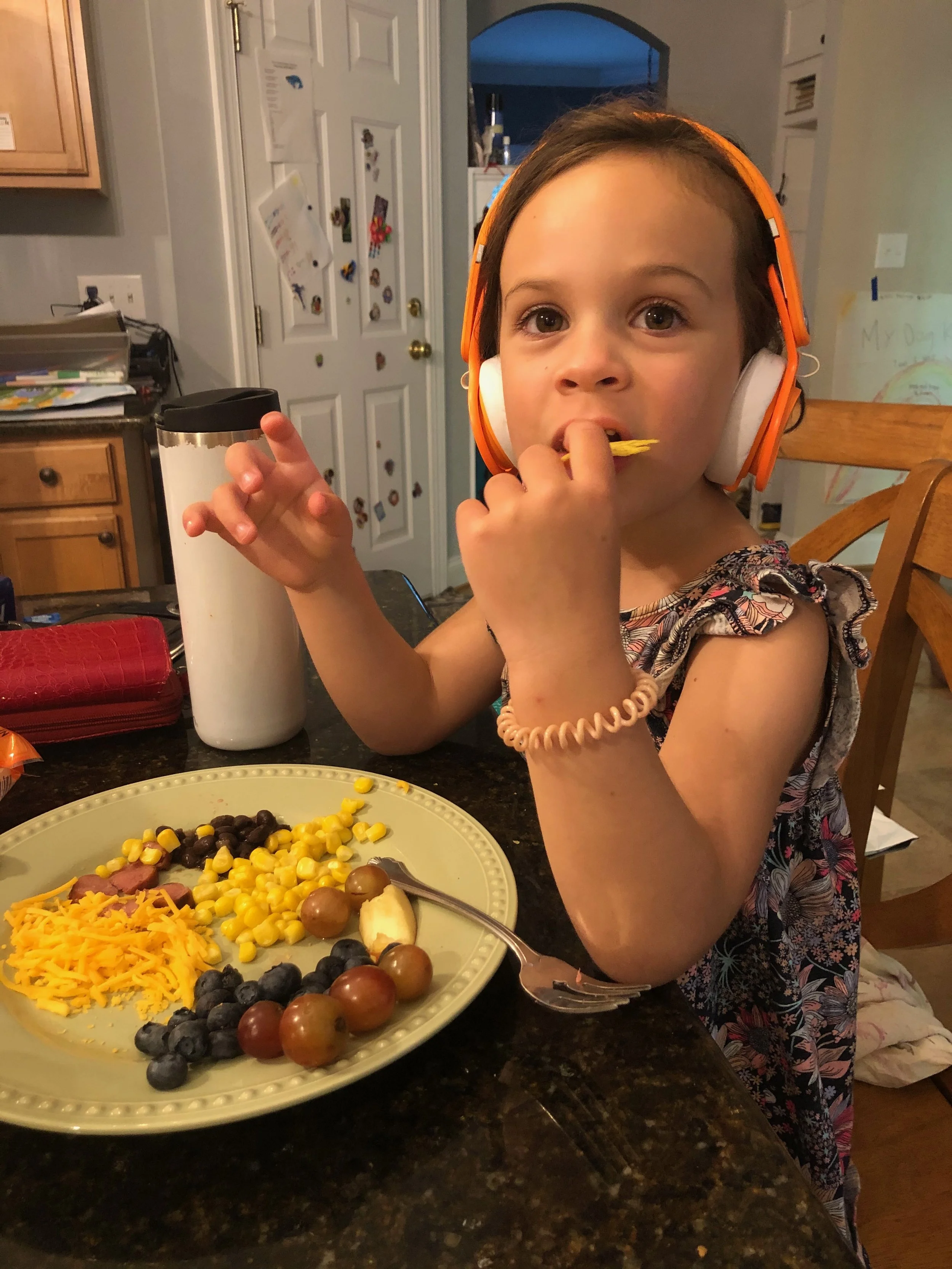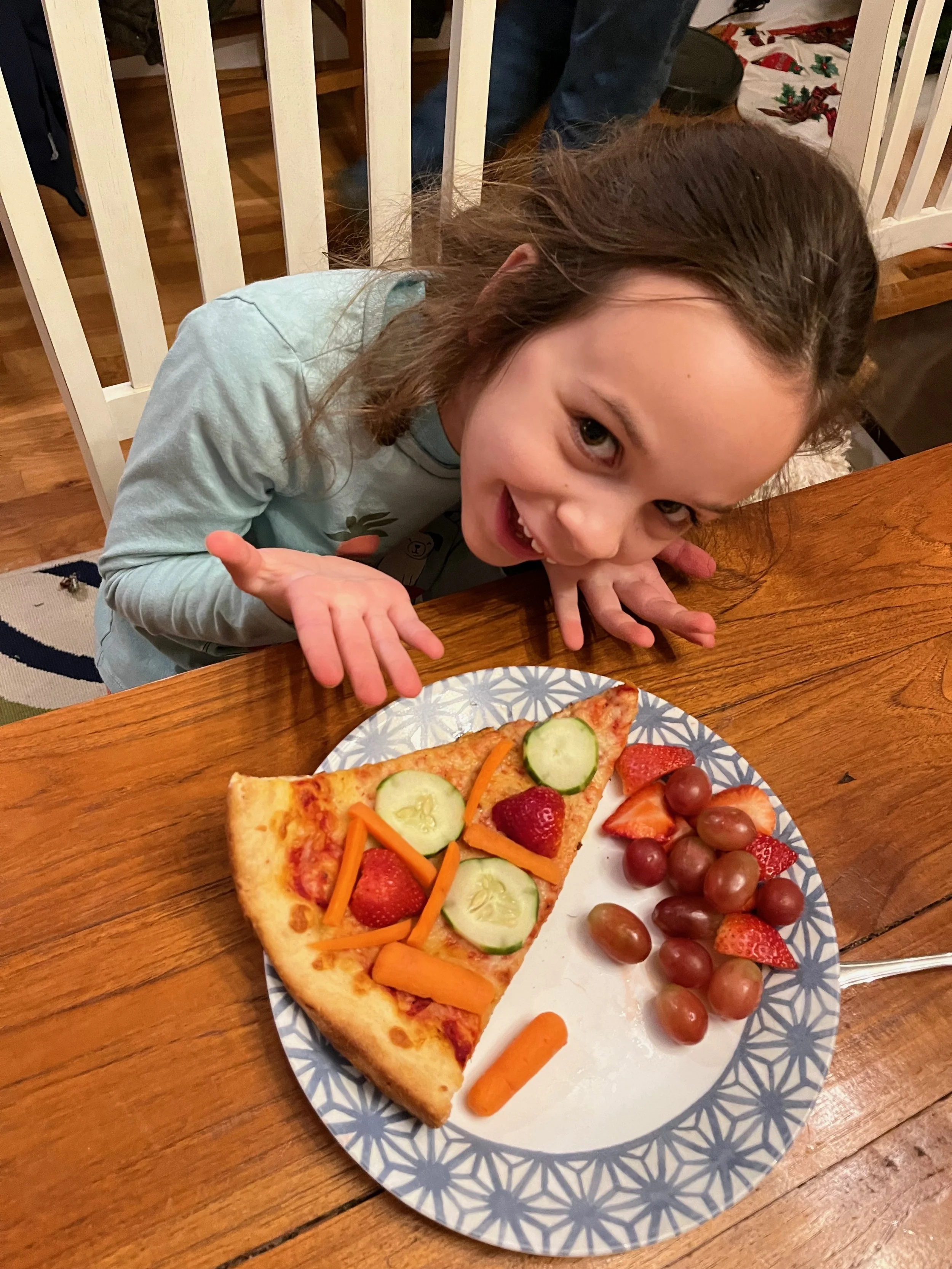Three approaches to feeding the fam during busy seasons
Not a hot take: Feeding kids during activity-heavy seasons is challenging
I’ll never forget when I learned one of my kids would be on two soccer teams (travel and school) during the same timeframe. This meant afterschool practice or games all 5 days a week until 5:30, then driving him to travel practice 2-3 nights a week, plus weekend travel games. Oh, and I have 2 other kids who are each on a team, so…yeah… great. I somewhat gladly gave up my calendar flexibility because the truth is, I love being there to watch them do something they love. And fresh air, physical activity, social time, and no screens - yes please. But logistically - how? No really, like how? Would I put a protein shake in a super soaker gun and shoot it into the kids’ mouths while they did warm ups? Snap in to a Slim Jim while changing jerseys?
Take a deep breath. We’ve got you covered.
Mealtime approaches to consider
I’ve spent many-a-year tackling this challenge - and talking to other parents on sports fields who have as well. And while every family has their own twist on what works, there are a few general approaches that folks use to the STRUCTURES of feeding active kids.
Before I share these approaches, I want to say how important it is to remain judgment-free. Modern life is demanding and planning healthy, ready-at-a-moment’s-notice meals takes SIGNIFICANT mental labor, resources, and workplace flexibility. Every family does the best they can and that is enough. Truly. OK? Agreed? Thank you for coming to my TED talk.
Eat dinner early, light snack later.
Kids typically come home from school hungry so instead of snacking then, serve your dinner early on practice nights.
Pros: it follows kids’ natural rhythms and they’re fueled up for practice/games.
Cons: Serving food this early typically means a parent is taking time away from work to prep. And snacking late means delays in getting showered, homework done, etc.
Examples: Boil pasta, heat jarred sauce, top with pre-grilled chicken, microwave frozen veggies, and cut fresh fruit for dinner, followed by bananas and peanut butter crackers as a late snack.
Eat heavy snacks early, dinner later.
This approach tides kids over for practice, and the idea is that you’ll either grab dinner on the way home, someone stays home to prep dinner while someone else drives the sports bus, or you’ve prepared dinner ahead (such as a crock pot meal or leftovers).
Pros: It allows you more time at work on the front end and still keeps kids full.
Cons: Kids may be hangry at a late hour, and. it’s hard to come home from sports late to feel like you still have to feed, clean up, and do all the evening things.
Examples: Cheese sticks, smoothies, and Pirate Booty as a snack beforehand, then takeout dinner picked up from a restaurant on the way home.
Dinners/snacks on the go.
This approach may involve takeout, leftovers, a freshly prepared meal, but the distinction is in the portability. Pack it up and take it with you!
Pros: This allows everyone to listen to their body and eat when they need to. It also means only one round of prep vs. two rounds (snacks and dinner in the approaches above). This is perhaps your best bet when you have multiple activities stacked back-to-back, keeping you out on fields - or at least out of the kitchen for hours on end.
Cons: Not all foods travel well, you have to time everything right to get out the door with all the food you need, and this may not lend itself to the traditional sit-around-the-dinner-table experience.
Examples: microwaved, individually-packaged leftovers in an insulated bag with a hot pad to keep it warm, and cut up fresh fruit and veggies in a lunchbox with an ice pack to keep it cool. Or kid-friendly charcuterie. Or a salad with a protein on top.
Follow what works for you and your family
If I was new to feeding active kids with full schedules, here are some things I’d consider in deciding what would work best for me:
What matters to you most in thinking about mealtime? Is it the importance of adherence to a schedule? Nutrition? Cost effectiveness? The experience of breaking bread together?
Do you have flexibility in my day to prepare/pick up/pack food ahead of time? Or do you need to work until the very moment I clock out, having to figure out food afterwards? When are the best opportunities to prepare/pick up/pack food?
Are your children flexible eaters? Do they have to eat at a certain time or turn into gremlins? Are they willing to try new foods or do they have a rotation of just a few things they like?
What resources exist in your community - near home, the activity location, or your workplaces? Can you pick up a meal en route to somewhere you already have to go that would help relieve this logistical burden? Or is there someone else who can support you when life gets crazy - a grandparent, a meal delivery service, a circle of families on a team who might provide heavy snacks in rotation?
What feels most achievable for you? Don’t compare yourself to other folks (see earlier disclaimer). No two situations are alike and you have to do what’s best for you and your family. Period.
Here’s a gallery of some real food at our house. Some dinners we cook in large amounts to carry us through the week. Some packed for the road. Some eaten at home early or late. Some snacks. Some takeout. No judgment. Just real life.
Ready, set, feed your athletes (or scholars or thespians or… )!
I hope this blog post is enough to get you thinking about what would work for you. But if this all feels too overwhelming and you need more support, here are some next steps:
Talk to other families in your community. How do they do it? What resources, structures, and businesses do they leverage?
Google “dinner ideas during sports seasons” and learn from the collective! God bless the internet (sometimes).
Or maybe you need someone to walk through an actual week of your life with you - looking at your activity schedules, dietary preferences, and potential resources.
We can help with this - and so much more!
At Laura Kassner Consulting, our suite of Life Wife services include devising systems to make your home function smoothly - and so much more! Our mission is to reduce your mental load so you can pursue things that bring you joy. From planning a trip to a national park to navigating big life decisions, we are here to support you.
Want to receive resources like this blog delivered straight to your inbox?
Subscribe to “Letters from a Life Wife” - a once (and only once) monthly newsletter!


